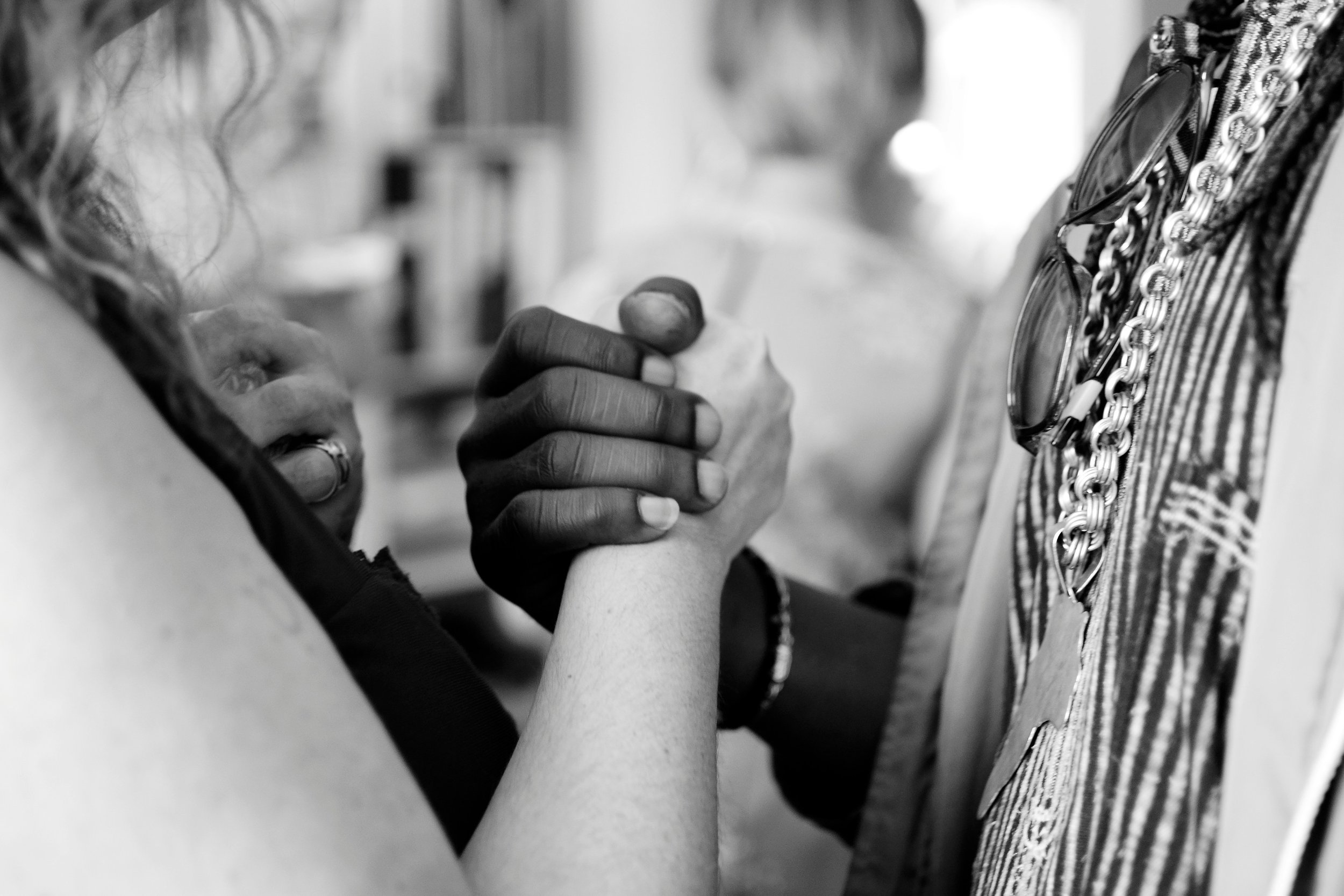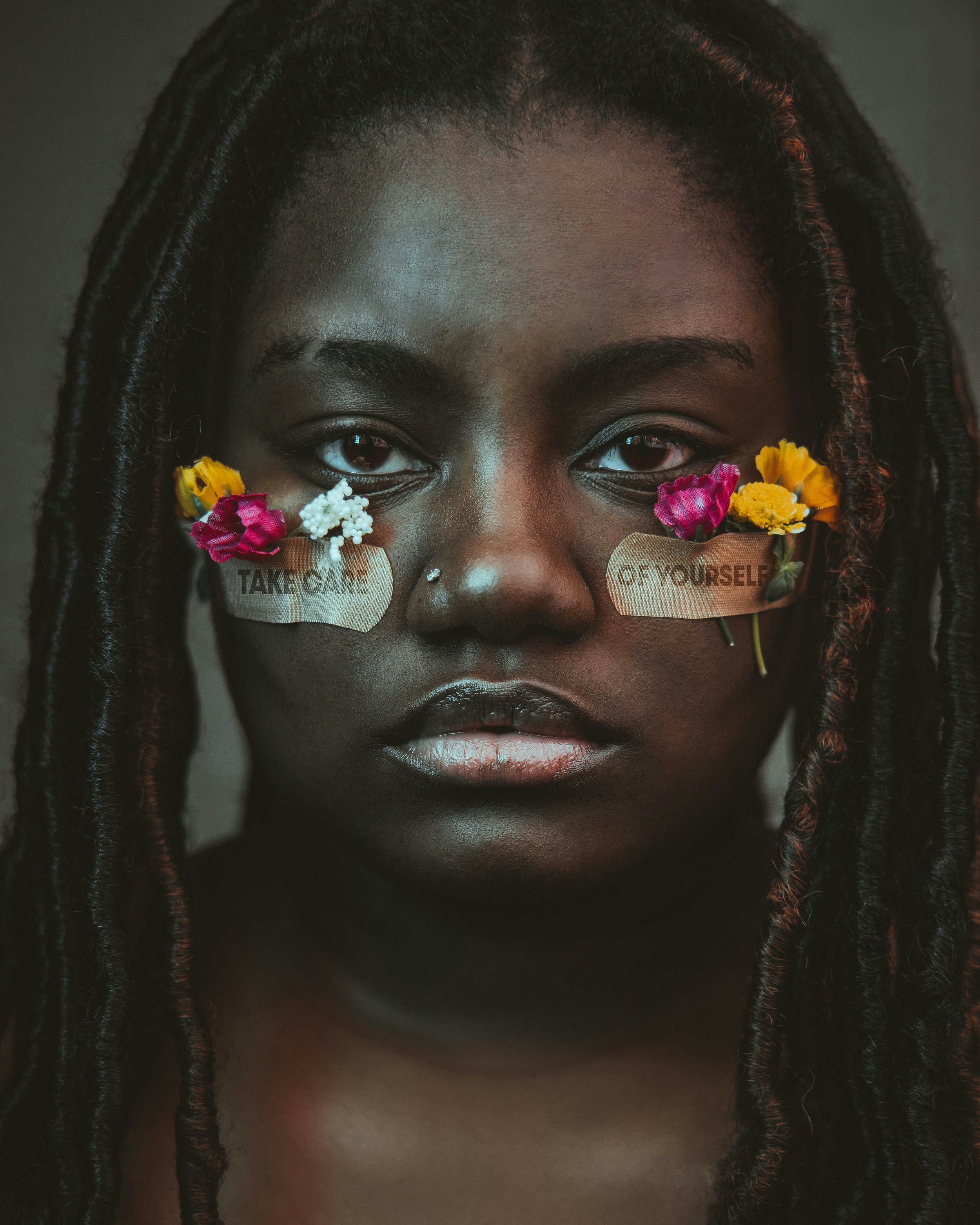
Is It Still Important to Come Out for National Coming Out Day and Trans Remembrance Day?
I have had the privilege to witness many clients reflect on their personal journeys and support the navigation of their identities within a complex social context. Some have even asked if it is still important to come out. And “What if we live in a world where it’s okay to just be, where labels don’t need declarations and existence itself can be revolutionary?”
As a therapist, I can’t answer this but work with people to make their own determinations on what they might feel or believe given who they are, where they live, and what they understand about the world.

Uh Oh, It's Election Season and the Holidays. I Don’t Like Any of This Sh*t. It’s Too Much. What Should I Do?
Here it is. Election season and the holidays are a toxic blend of stress and chaos. It’s a perfect storm of political ads, end-of-year pressures, and family gatherings that feel more like debates than celebrations. It’s hard enough to manage either one of these on its own, but together? Who can blame anyone for just sitting at home and watching all three seasons of Is It Cake? on Netflix. The worst part? There's no escaping it or anyone who wants to discuss it. Whether you're scrolling through your social media feed, trying to enjoy a quiet dinner or going to the grocery store…, it’s like the world is determined to drag you into the mess of thoughts and opinions on all of it.
So, what should we do when we our mental health is fraying, and there’s no way to just opt out? Here’s a few tips.

The Need for Collective Compassion: Reimagining Our Future Together
Self-compassion has become such a buzzword that it's easy to think that being kind toward ourselves is only a purely personal journey. We all talk about how self-care and self-love are the keys to happiness, and while these practices are important, they might not be enough on their own to feel relief. The truth is that to truly care for ourselves, we must look at how compassionate we are toward each other.

It’s Self-Care Month (designated by the World Health Organization in 2019).
Thanks WHO! Did you know the concept of self-care in the United States originated as a medical term in the 1950s for long term care patients? Later the ‘self care’ concept was adopted by activist groups during the civil rights movement as a way to manage the wear and tear on one’s body when on the front lines. BUT, if we take a moment and decenter western history around the concept, we can see that indigenous forepeople have been attuned to the needs for time for holistically caring for the body (and the planet, for that matter) as a collective responsibility for a community long before the concept was named and, now talked about by influencers. ( I mean, I remember my grandma talking about “resting her eyes”... can anyone else think of terms or phrases from elders that talked about ideas of rest?) Anyway…

Thriving Amidst the Chaos? Burnout in the Age of Late-Stage Capitalism
You’ve been here a long time. You might turn to doom scrollingl through our social media feeds to capture the news of the day with a dash of levity with a baby or cat video but you know you have to get to work. You tell yourself you’re fortunate to have a job, even if the job might not be enough to sustain, or it’s just enough but not fulfilling. You desire to do something different or want to find a way to give back to your communities. You tell yourself that these are ‘first-world’ problems but know deep down you have to pivot - make a change. It’s an oxygen mask on yourself moment in the hopes of something greater.

Why is “Settling” Such a Charged Word?
“Settling” often comes with a negative connotation. When I googled it, one of the definitions I found was to “accept or agree to (something that one considers to be less than satisfactory)”. We assume that by settling, we’re taking a partner who’s “less than satisfactory”, but where does this notion come from in a romantic sense?

Being with Suffering
The news is awful. There’s no way to sugar coat it. You can’t ignore it (and empaths, really can’t.) You can’t unsee the things you’ve seen and some feel like it’s their duty to be a constant witness. Small talk might be getting harder for you; and you might find irritation at those who seem like they're always ‘happy’ or are apolitical about what’s happening around them. Platitudes feel lame and, at best, don't really seem appropriate to the times.
